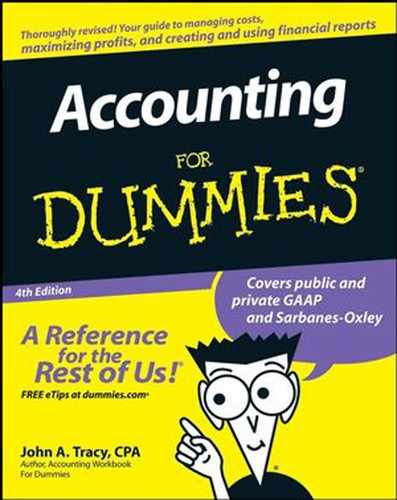15.6. Who Audits the Auditors?
One result from the plethora of Enron-type accounting fraud scandals was passage of the 2002 Sarbanes-Oxley Act, which was quickly signed into law by President George W. Bush. The Act imposed new duties on corporate management regarding their responsibilities over internal controls that are designed to prevent financial reporting fraud. The act also established a new regulatory board that has broad powers over CPA firms that audit public businesses: the Public Company Accounting Oversight Board (PCAOB), which is within the administrative structure of the Securities and Exchange Commission (SEC).
Prior to the passage of this act, the accounting profession policed itself through entities of the national association of CPAs, the American Institute of CPAs (AICPA): the Auditing Standards Board, the Ethics Committee, and the peer review process. These entities are still in place, but now the AICPA has jurisdiction only over private businesses that are not under the jurisdiction of the federal securities laws and the SEC. CPA firms that audit both private and public companies now have two bosses, one for their private business clients and one for their public business clients.
NOTE
The PCAOB has ruled that many consulting and other services that CPA firms used to provide to their audit clients are now out of bounds. The firms can offer these services to public businesses that they don't audit, but not to their audit clients. The thinking is that the auditor cannot be truly independent if the firm also derives substantial revenue from selling non-audit services to the same client that it audits. (In the past, many people criticized these conflicts of interest.)
The role, authority, and responsibilities of audit committees of public businesses have also become more prominent in recent years. An audit committee is a subcommittee of the board of directors of a business corporation. Audit committee members now must be outside directors, meaning they have no management position in the business. Outside directors are often considered more independent, more objective, and more willing to challenge the executives of the business on serious issues facing the business. The audit committee works closely with the independent CPA auditor on any issues and problems that come up during the audit.
